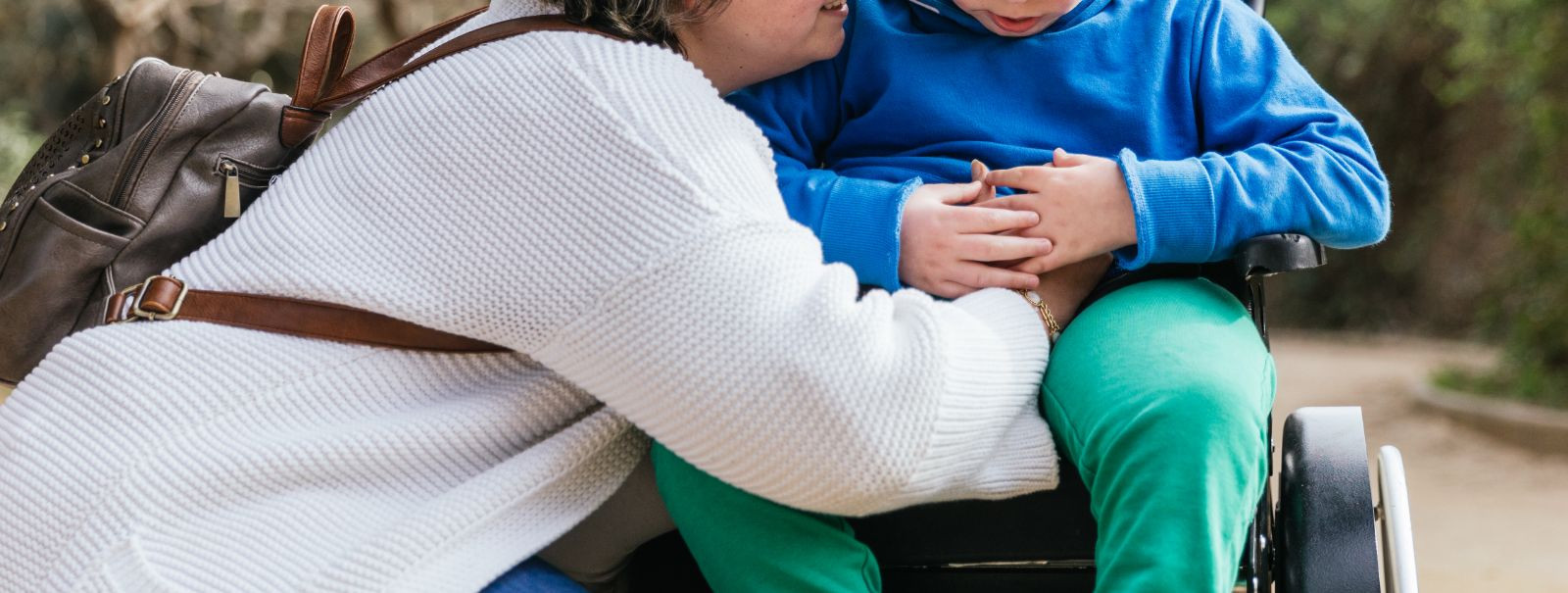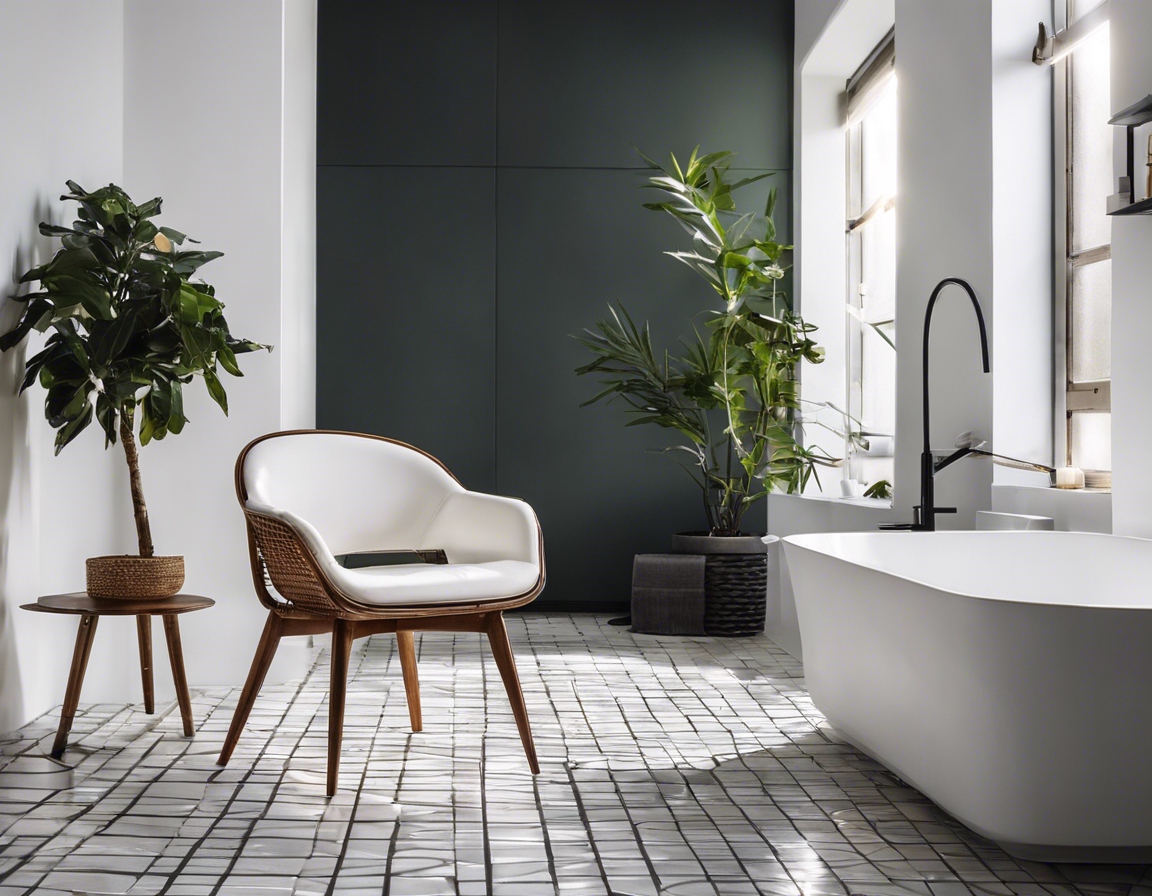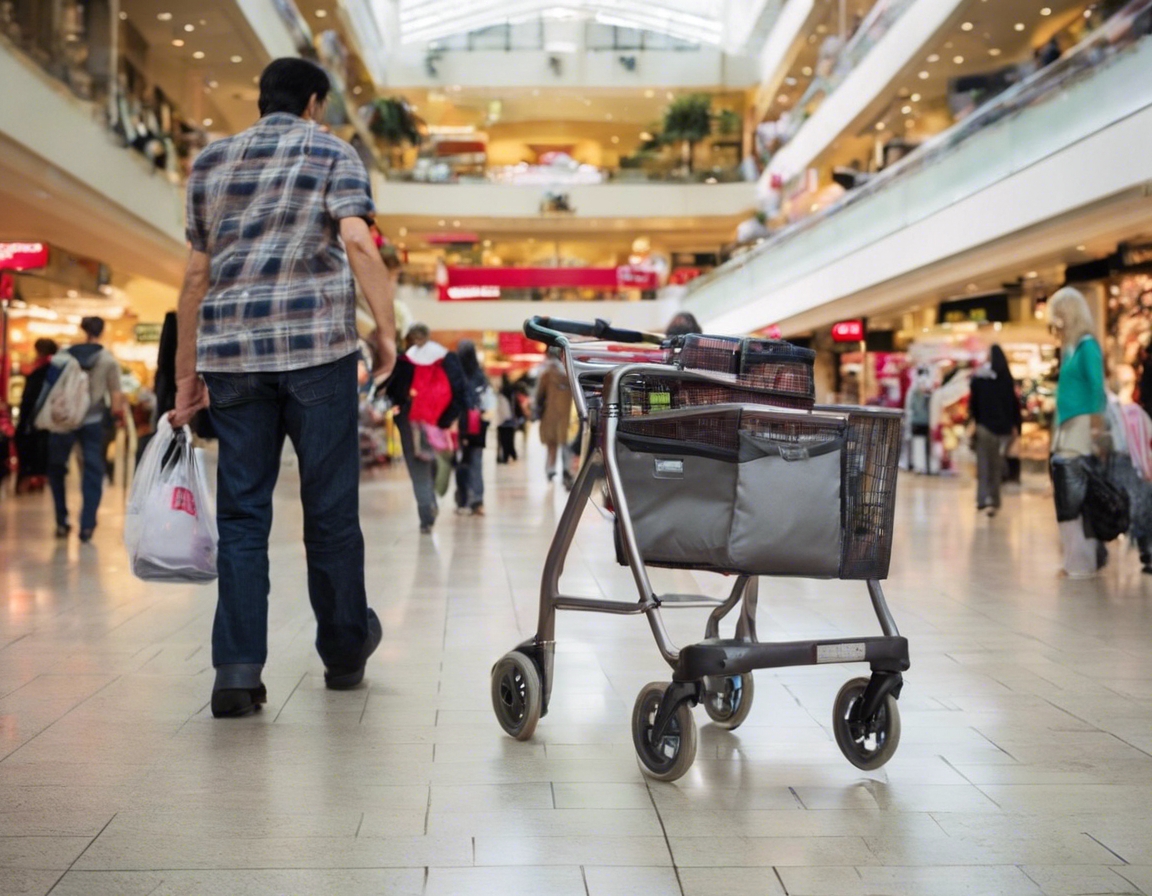Caring for loved ones: top care essentials you need
When caring for a loved one, it's crucial to understand their specific mobility and health conditions. This understanding will guide you in selecting the right equipment and making necessary adjustments to their living space. Consider factors such as the ability to walk, balance, and the need for assistance with daily activities.
Comfort is key in a caregiving setting. Ensure that the living environment is safe, accessible, and conducive to recovery or daily living. This includes removing tripping hazards, installing grab bars, and ensuring adequate lighting.
Essential Medical Equipment for Home Care
Mobility aids such as walkers, wheelchairs, and canes are fundamental for individuals with mobility challenges. These aids provide support and independence, allowing loved ones to move around more safely.
Personal care is vital for maintaining dignity and hygiene. Products like bath chairs, raised toilet seats, and incontinence supplies can make personal care tasks easier and more dignified.
Keeping track of health metrics is essential. Blood pressure monitors, glucose meters, and pulse oximeters help caregivers monitor vital signs and manage chronic conditions effectively.
Supportive Furniture and Accessories
Adjustable beds and pressure relief mattresses can significantly increase comfort, especially for those who spend extended periods in bed. These products can also help prevent bedsores and improve circulation.
Proper seating is important for posture and comfort. Look for chairs with adjustable features and support that cater to the specific needs of your loved one.
Technological Aids for Independence and Safety
Emergency alert systems can be life-saving for elderly individuals or those with disabilities. These systems provide a quick way to alert caregivers or emergency services in case of a fall or other emergencies.
Medication management tools, such as pill dispensers with alarms, ensure that medications are taken correctly and on time, reducing the risk of missed or incorrect doses.
Nutritional Support and Meal Preparation
Adaptive kitchen tools can help individuals with limited mobility prepare meals independently. Tools like easy-grip utensils, non-slip mats, and jar openers are simple yet effective aids.
For those who need assistance with eating, feeding aids like specialized cutlery, plate guards, and drinking aids can make mealtimes less stressful and more enjoyable.
Professional Caregiving Support
Finding the right caregiver is a critical step in ensuring quality care. Look for professionals with the necessary skills, compassion, and experience to provide the best support for your loved one.
Providing caregivers with the right training and resources is essential for effective care. This includes knowledge of equipment use, understanding of health conditions, and access to support networks.






Comments (0)